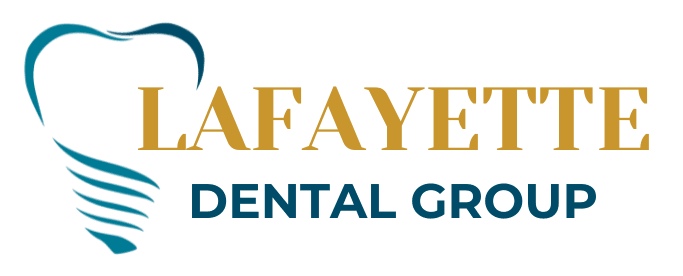

Is sinus lift surgery risky?
A sinus lift is the best choice for people without enough bone density to support a dental implant. According to a study in the Implantology Journal, the sinus lift procedure also carries a low risk of complications. However, it is essential to be fully informed before choosing to have surgery.
What is a sinus lift?
A sinus lift procedure adds bone to the upper jaw, where your molars or premolars are located. Additionally, it is also called sinus augmentation. The most extensive sinuses are the maxillary ones above and below your teeth. To add additional bone between your jaw and maxillary sinuses, a "sinus lift" involves elevating your sinus membrane.
What is the procedure of sinus lift surgery?
There are numerous methods for performing the surgery. The basic steps of the surgery include:
- To keep you comfortable in the treatment, your dentist may administer oral or intravenous sedatives or numb the area with a local anesthetic.
- Your surgeon will make incisions to reveal the bone in the back of your gum tissue.
- To protect the sinus membranes, your surgeon will carefully cut a little portion of the bone.
- Your surgeon will raise the membrane as they lift the sliced bone fragment into the sinus cavity.
- Before the procedure, you and your doctor can discuss the best choice for you. Your surgeon will add bone transplant materials in the lifted area. The bone could be synthetic bone material or bone removed from another part of your body.
- Your gums' incisions will be stitched shut by your surgeon.
What are the risks related to sinus lift surgery?
Fortunately, severe problems with these surgeries are rare. However, like with any operation, there are some risks, which include the following:
Injury to the membrane during surgery
This is the most prevalent problem seen with this surgery. Your surgeon should be able to heal the broken membrane by patching or stitching it together. If they cannot do so, doctors may pause the procedure and wait for your membrane to heal before redoing the surgery.
Infections
Infection is a possibility with every operation. Infection of surgical materials often causes it. A sinus infection caused by a sinus lift, on the other hand, is highly unusual.
Wound drainage
This form of leakage is commonly known as pus. This isn't a significant hazard; your dentist will prescribe you medicines to treat it.
Discoloration under the eye
You may see darkening under your eyes due to blood buildup following surgery. Discoloration frequently occurs due to blood vessel injury during surgery or poor post-operative care for the patient's mouth. It is not dangerous; it is merely an aesthetic concern. Hematomas are more common in older women and should go away after two weeks.
When to visit a doctor?
If you see any of the following sinus lift problems, please call your surgeon right away:
- Fever.
- When you sneeze or blow your nose, bone-like material moves.
- After one or two days, the bleeding persists.
- The bleeding turns bright crimson and continues at a steady rate. After two days, swelling or discomfort either grows or does not reduce.
Conclusion
Sinus lift-related issues are uncommon in general. If you're healthy, you shouldn't worry about anything. Choose a reputable surgeon and look after yourself properly.
Furthermore, you can take some precautions even if certain uncontrollable factors lead to sinus lift complications. It would be beneficial if a licensed and board-certified dental surgeon carried out your procedure.
Lastly, you must also adhere closely to your post-surgery care instructions. You risk developing an infection or other problems if you do not care for your wound.
Contact your Lafayette dentist, Dr. Massood Darvishzadeh, DDS at Lafayette Dental Group, to know how a sinus lift surgery can be risky.
Resource:
What happens during and after the sinus lift surgery?
This media/content or any other on this website does not prescribe, recommend, or prevent any treatment or procedure. Therefore, we highly recommend that you get the advice of a qualified dentist or other medical practitioners regarding your specific dental condition.
Services
Contact Us
3466 Mt Diablo Blvd., Suite C207
Lafayette, CA 94549
2026 © Lafayette Dental Group | All rights reserved | Powered by: Vigorant, Inc.
